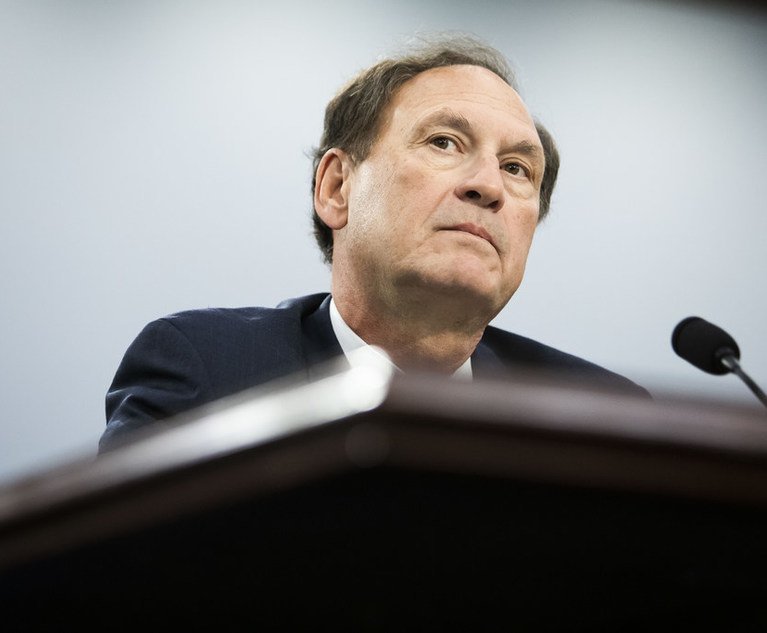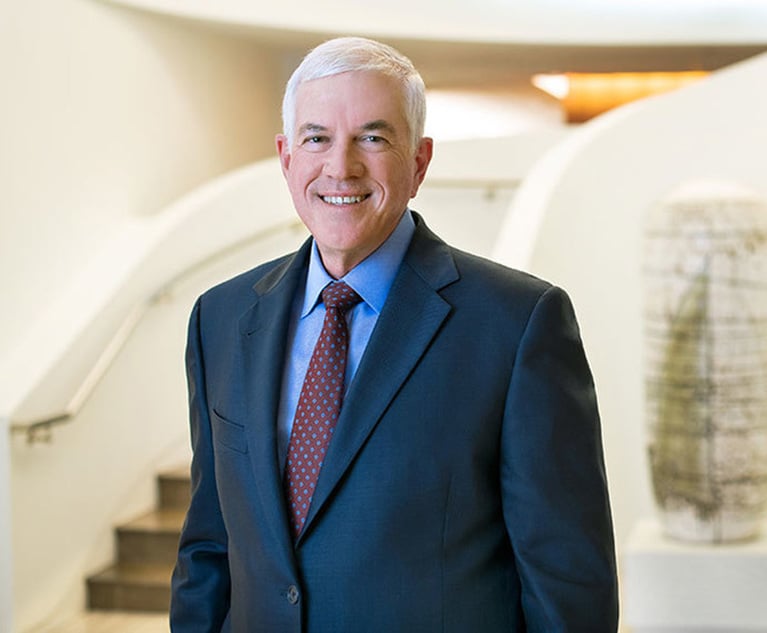In the Aug. 2 edition of the Legal Intelligencer there was an article titled: “Alito Faces Criticism for Public Remarks on SCOTUS Ethics Reform”, in which the Justice remarked that “I know this is a controversial view, but I’m willing to say it,”—[There is] “No provision in the Constitution which gives them Congress the authority to regulate the ethics of the Supreme Court—period.” That remarkable and unabashed statement should be viewed in the context of a few ongoing issues including what just happened in Israel when the Parliament passed legislation stripping its Supreme Court of the authority to declare government decisions unreasonable/illegal, and the very public disclosures that several of the current U.S. Supreme Court justices have enjoyed the benefits of “luxury vacations” and other “gifts” including private jet trips, yacht cruises and fancy overnight stays. It is no wonder that Justice Samuel Alito would express this opinion in light of reports that he too has received gifts including private plane trips for a luxury fishing trip paid by billionaire Paul Singer. No surprise that Alito and other justices “commonly interpret” ethics laws “to mean that accommodations and transportation for social events were not reportable gifts.”
If we examine the legal foundation creating the U.S. Supreme Court, it becomes remarkably clear that Alito is wrong. Congress does in fact have the authority to address the conduct of those sitting on the Supreme Court and it should enact ethical rules governing their personal conduct which implicates their impartiality. After all, Article III is predicated upon the requirement that “ … judges who may be appointed by the United States are to hold their offices during good behavior … [and] … the standard of good behavior for the continuance in office of the judicial magistracy, is certainly one of the most valuable of the modern improvements in the practice of government.” [Federalist No. 78, The Judiciary Department] The predicate for requiring “good behavior” was and is the fear that “… from the natural feebleness of the judiciary, it is in continual jeopardy of being overpowered, awed, or influenced … [and] its firmness and independency is an … indispensable ingredient in its constitution, and, in a great measure, as the citadel of the public justice and the public security.”
This content has been archived. It is available through our partners, LexisNexis® and Bloomberg Law.
To view this content, please continue to their sites.
Not a Lexis Subscriber?
Subscribe Now
Not a Bloomberg Law Subscriber?
Subscribe Now
LexisNexis® and Bloomberg Law are third party online distributors of the broad collection of current and archived versions of ALM's legal news publications. LexisNexis® and Bloomberg Law customers are able to access and use ALM's content, including content from the National Law Journal, The American Lawyer, Legaltech News, The New York Law Journal, and Corporate Counsel, as well as other sources of legal information.
For questions call 1-877-256-2472 or contact us at [email protected]


 Justice Samuel Alito Jr. wrote for the majority. Photo: Diego M. Radzinschi/ALM
Justice Samuel Alito Jr. wrote for the majority. Photo: Diego M. Radzinschi/ALM




